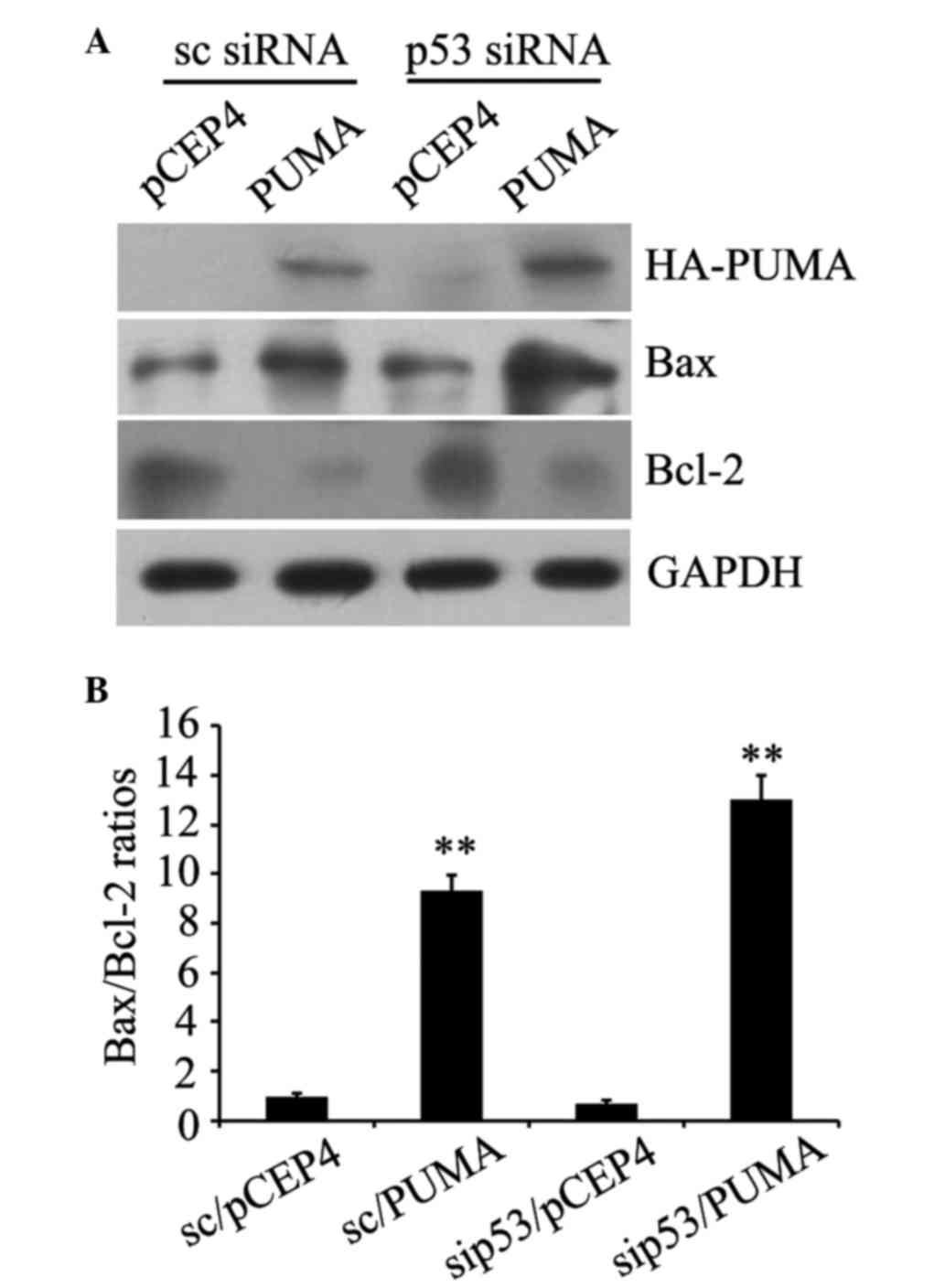
The regulation of p53 up‐regulated modulator of apoptosis by JNK/c‐Jun pathway in β‐amyloid‐induced neuron death - Akhter - 2015 - Journal of Neurochemistry - Wiley Online Library

PPT - Puma is an essential mediator of p53-dependent and –independent apoptotic pathways PowerPoint Presentation - ID:947915
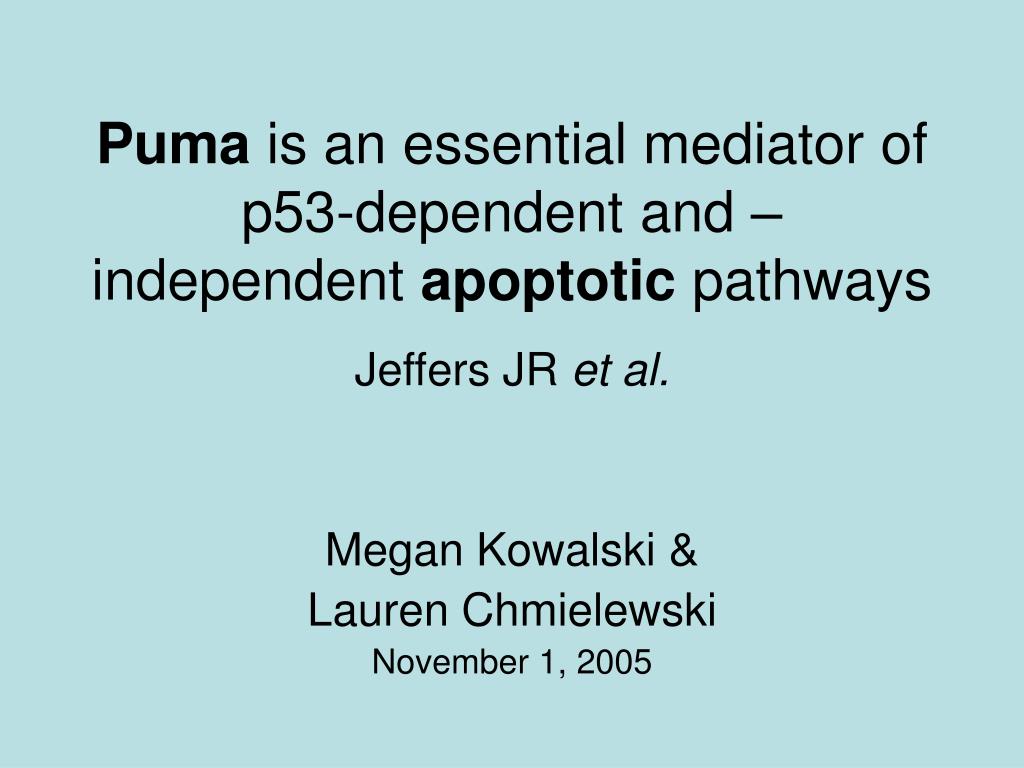
PPT - Puma is an essential mediator of p53-dependent and –independent apoptotic pathways PowerPoint Presentation - ID:947915
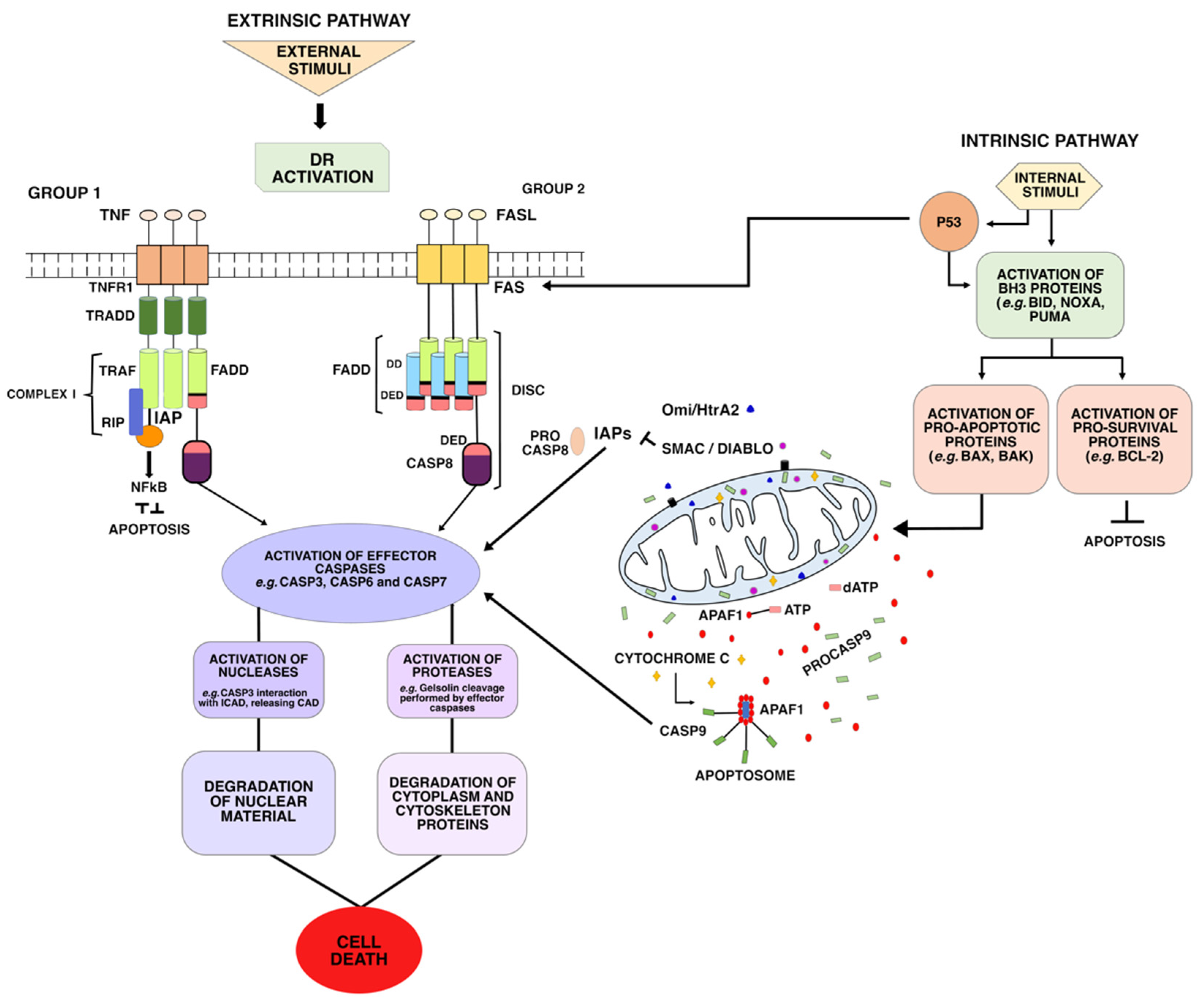
IJMS | Free Full-Text | A Cell's Fate: An Overview of the Molecular Biology and Genetics of Apoptosis | HTML
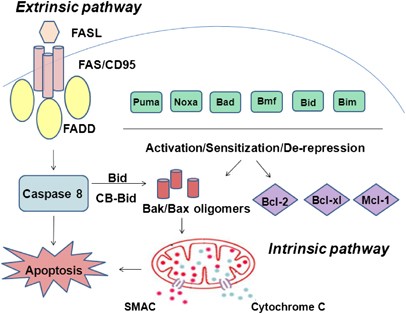
A review of the role of Puma, Noxa and Bim in the tumorigenesis, therapy and drug resistance of chronic lymphocytic leukemia | Cancer Gene Therapy

Hsp90 Inhibitors Promote p53-Dependent Apoptosis through PUMA and Bax | Molecular Cancer Therapeutics

The Essential Role of p53-up-regulated Modulator of Apoptosis (Puma) and Its Regulation by FoxO3a Transcription Factor in β-Amyloid-induced Neuron Death* - Journal of Biological Chemistry

The Essential Role of p53-up-regulated Modulator of Apoptosis (Puma) and Its Regulation by FoxO3a Transcription Factor in β-Amyloid-induced Neuron Death* - Journal of Biological Chemistry

The BCL2 Family: Key Mediators of the Apoptotic Response to Targeted Anticancer Therapeutics | Cancer Discovery

p53 upregulated mediator of apoptosis (Puma) deficiency increases survival of adult neural stem cells generated physiologically in the hippocampus, but does not protect stem cells generated in surplus after an excitotoxic lesion
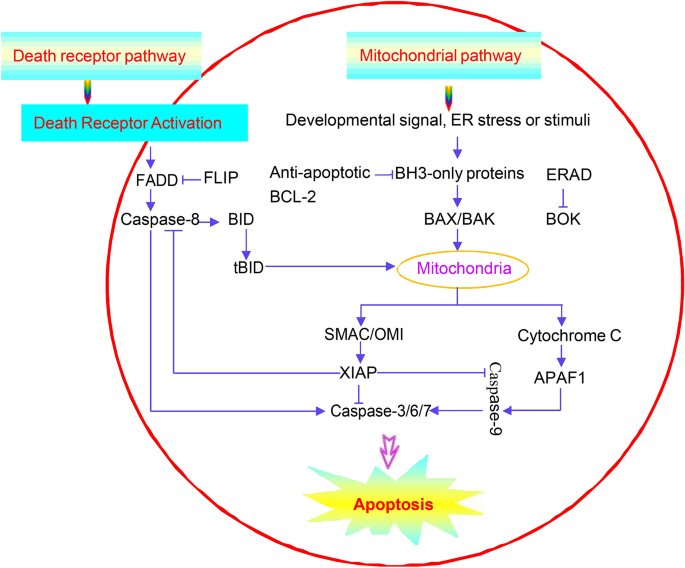
The role of P53 up-regulated modulator of apoptosis (PUMA) in ovarian development, cardiovascular and neurodegenerative diseases | SpringerLink

Implication of TAp73 in the p53-independent pathway of Puma induction and Puma-dependent apoptosis in primary cortical neurons. - Abstract - Europe PMC
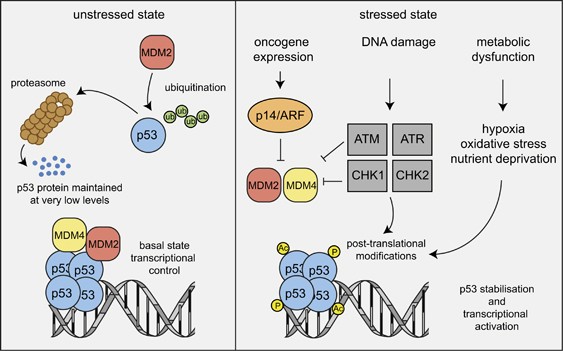
How does p53 induce apoptosis and how does this relate to p53-mediated tumour suppression? | Cell Death & Differentiation




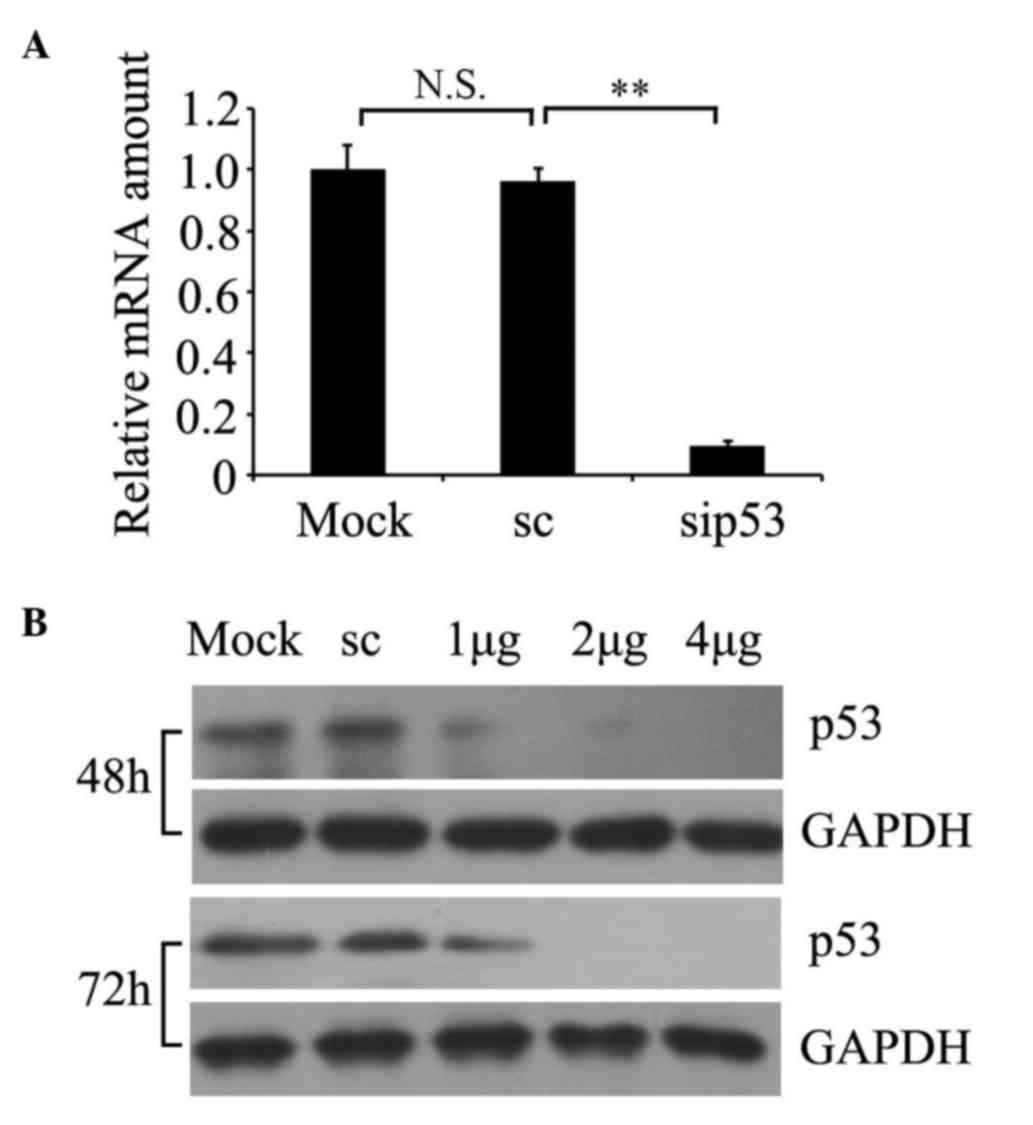

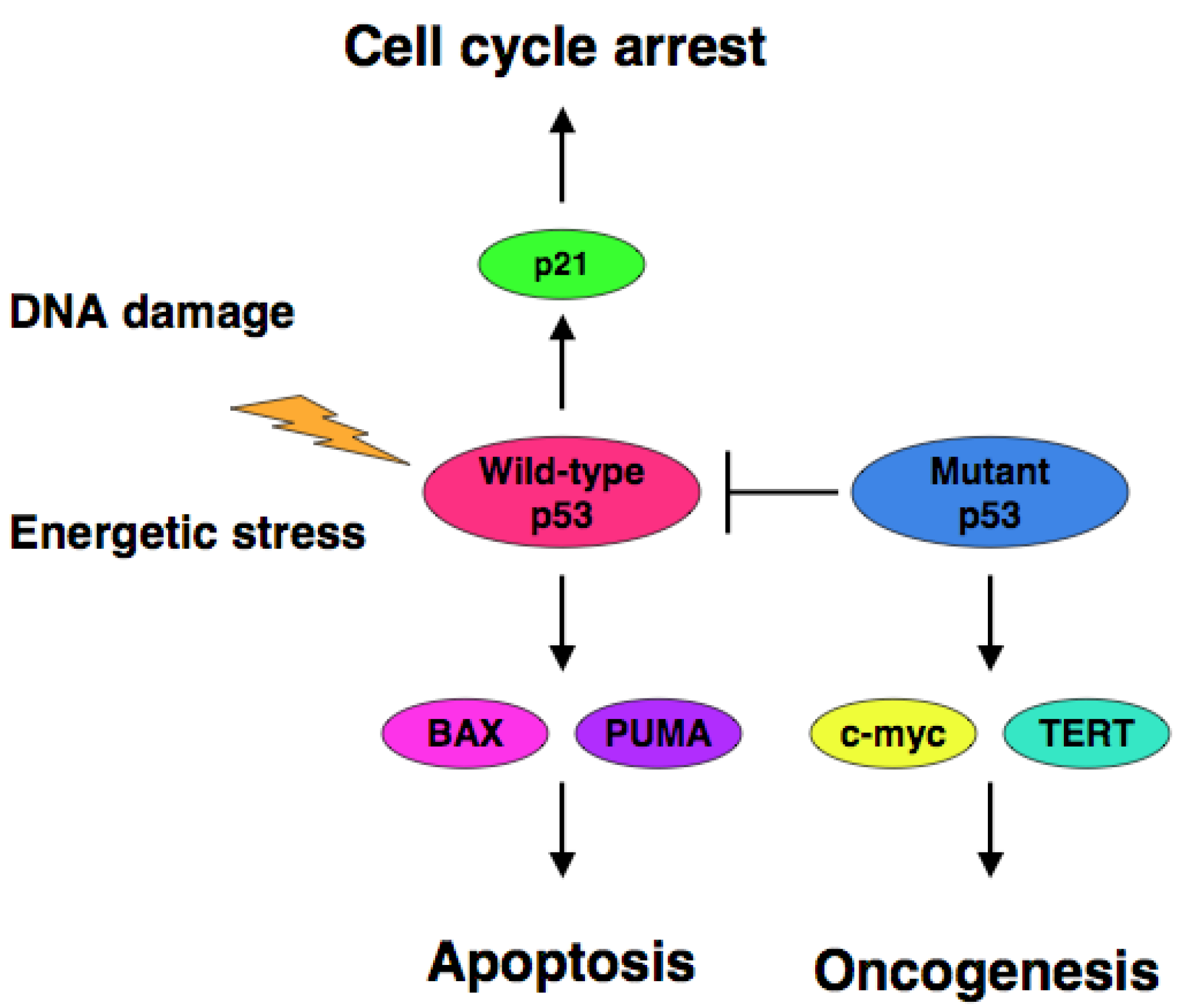
![PDF] PUMA, a potent killer with or without p53 | Semantic Scholar PDF] PUMA, a potent killer with or without p53 | Semantic Scholar](https://d3i71xaburhd42.cloudfront.net/df0653f896452a085247b132ab9d8c9afbe859c2/6-Figure2-1.png)


